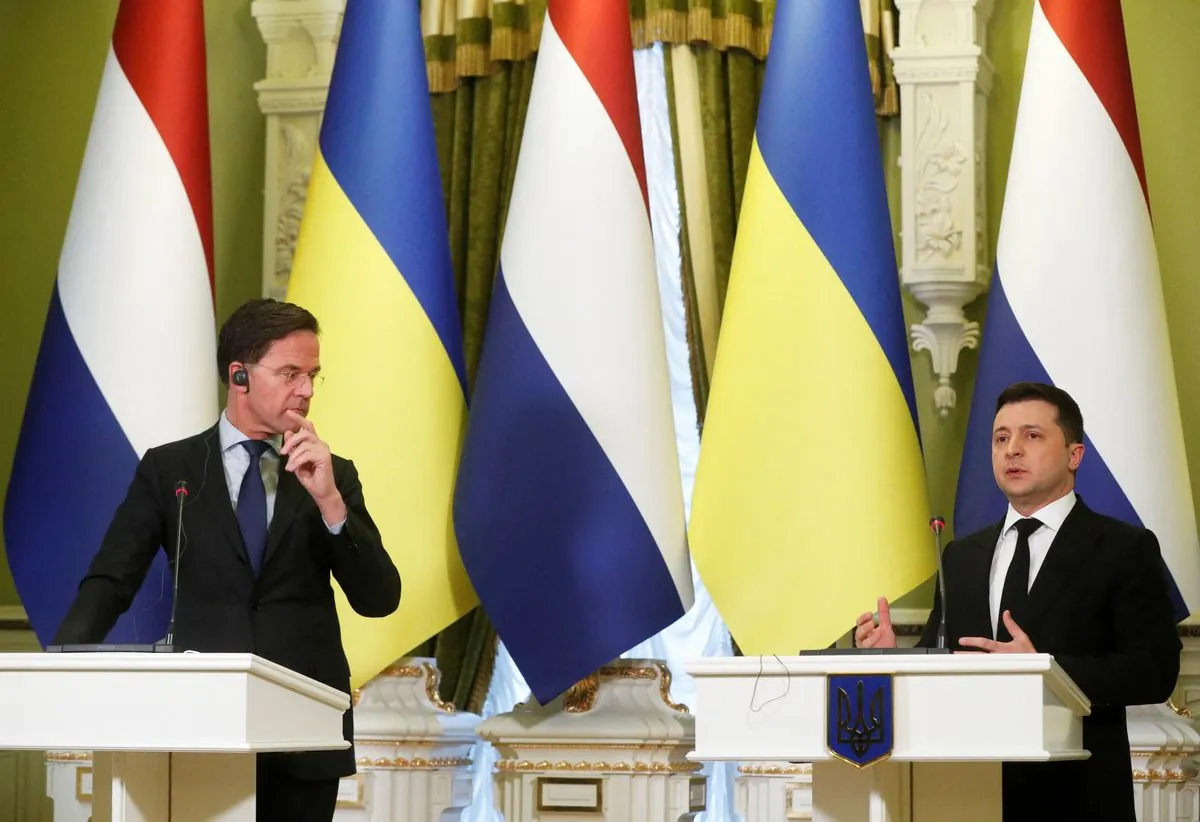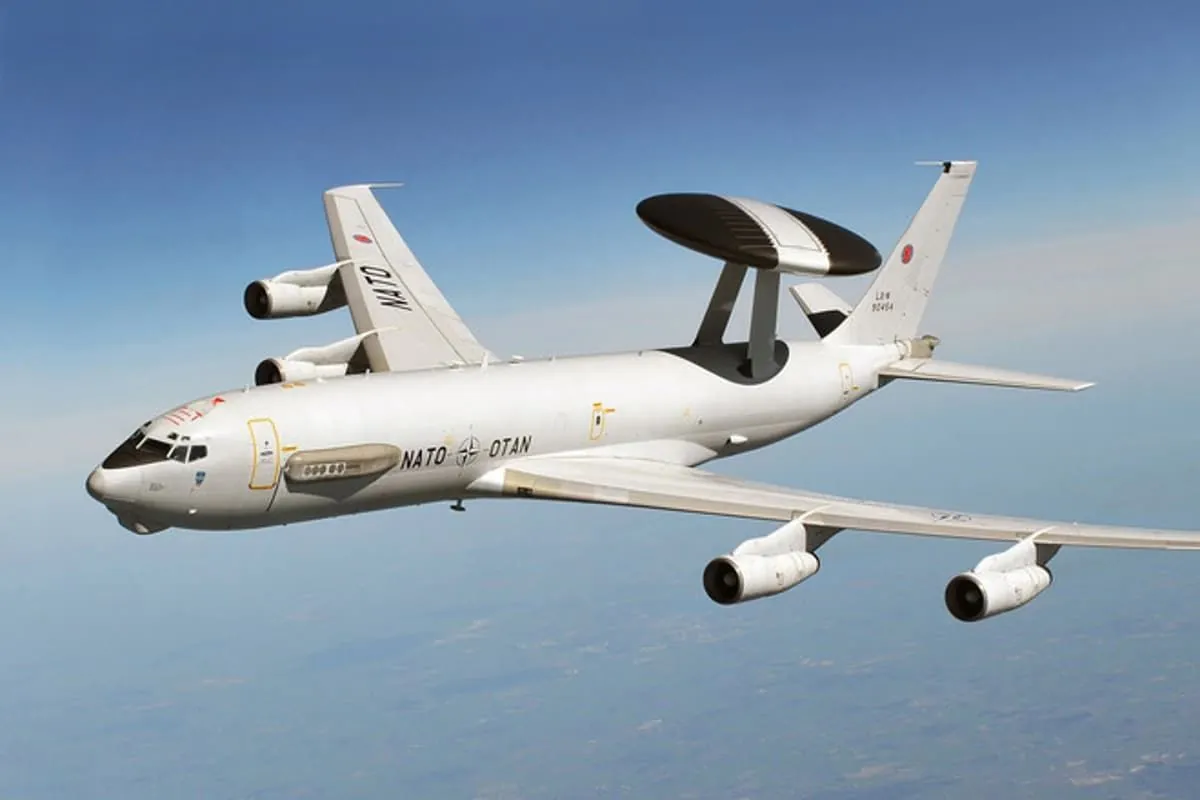NATO Chief Rutte Pledges Unwavering Support for Ukraine in Kyiv Visit
NATO Secretary-General Mark Rutte reaffirmed the alliance's commitment to Ukraine during his first visit to Kyiv. President Zelenskiy called for increased military assistance and permission for deep strikes into Russia.

In a significant diplomatic move, Mark Rutte, the newly appointed NATO Secretary-General, made his inaugural visit to Kyiv on October 1, 2024, just two days after assuming his role. This visit underscores NATO's continued support for Ukraine in its ongoing conflict with Russia.
During the visit, Rutte emphasized the importance of Ukraine's security to the alliance, stating, "Your security matters for ours, and your fight for freedom reflects our core principles and values." This statement aligns with NATO's founding principles, established in 1949 when the organization was formed with 12 initial members.
Rutte reiterated NATO's commitment to Ukraine's future membership, a stance that has been a point of contention with Russia. This pledge is consistent with NATO's open-door policy, which has seen the alliance grow to 31 member countries, with Finland being the most recent addition in 2023.
Volodymyr Zelenskiy, Ukraine's President, used the opportunity to call for more active military support from Western allies. He drew parallels to the recent assistance provided to Israel during its conflict with Iran, highlighting the need for similar intervention in Ukraine's defense against Russian attacks.

Zelenskiy specifically requested help in intercepting missiles and drones used by Russia, similar to how some of Israel's allies assisted in defending against Iranian missiles. This request reflects the evolving nature of modern warfare and the importance of air defense systems, which NATO has been developing through initiatives like its AWACS (Airborne Warning and Control System) aircraft fleet.
The Ukrainian President also renewed his appeal for permission to conduct deep strikes inside Russia using Western-supplied weapons. This request underscores the strategic importance of long-range capabilities in modern conflicts, a area where NATO has been focusing through its "Smart Defence" initiative, which encourages allies to cooperate in developing military capabilities.
Addressing Ukraine's recent withdrawal from the town of Vuhledar, Zelenskiy defended the decision, stating, "Lives need to be saved because they are our citizens of Ukraine. Therefore it is very right that they can retreat and save themselves." This strategic move highlights the complex nature of the ongoing conflict, which began with Russia's full-scale invasion on February 24, 2022, approximately 2 years and 7 months ago.
As Rutte begins his tenure as NATO Secretary-General, he faces several challenges, including maintaining support for Ukraine, encouraging increased defense spending among member states, and navigating potential shifts in US policy. These challenges reflect the evolving geopolitical landscape and the importance of NATO's role in European security.
NATO's commitment to Ukraine is part of its broader strategy of partnerships, which extends to over 40 non-member countries. This approach, along with initiatives like the NATO Response Force (NRF) and the Cyber Defense Center in Tallinn, Estonia, demonstrates the alliance's adaptability in addressing modern security challenges.
As the conflict in Ukraine continues, NATO's support remains crucial. The alliance's collective defense principle, enshrined in Article 5 of the North Atlantic Treaty, serves as a powerful deterrent against further aggression. While Ukraine is not yet a member, NATO's engagement in the region reflects its commitment to stability and security in Europe and beyond.
"Ukraine is closer to NATO than ever before, and it will continue along this path until it secures NATO membership."
This visit by Rutte to Kyiv, coming so early in his tenure, sends a clear message about NATO's priorities and its unwavering support for Ukraine's sovereignty and territorial integrity. As the situation evolves, the alliance's role in shaping the security landscape of Eastern Europe remains more critical than ever.


































